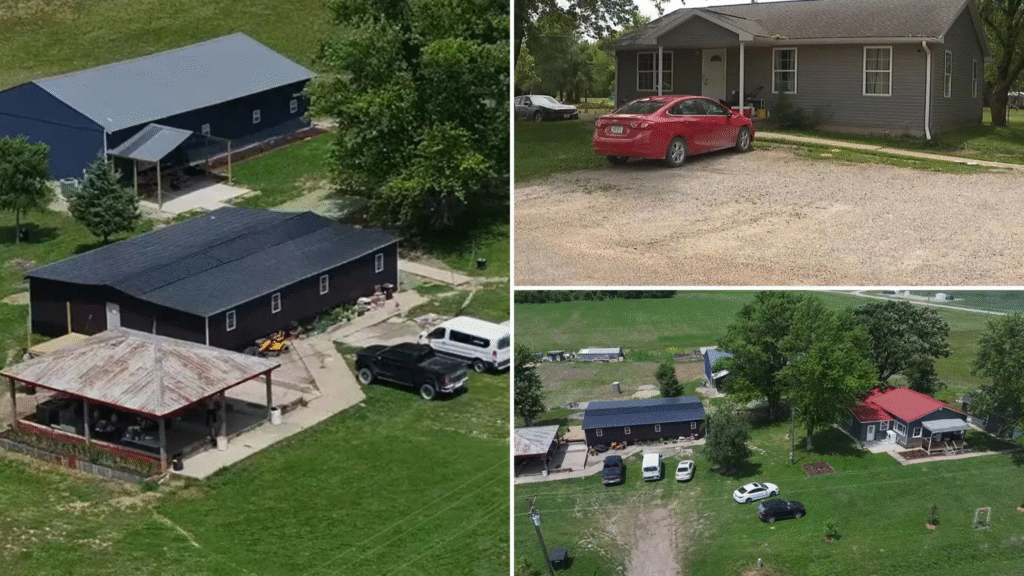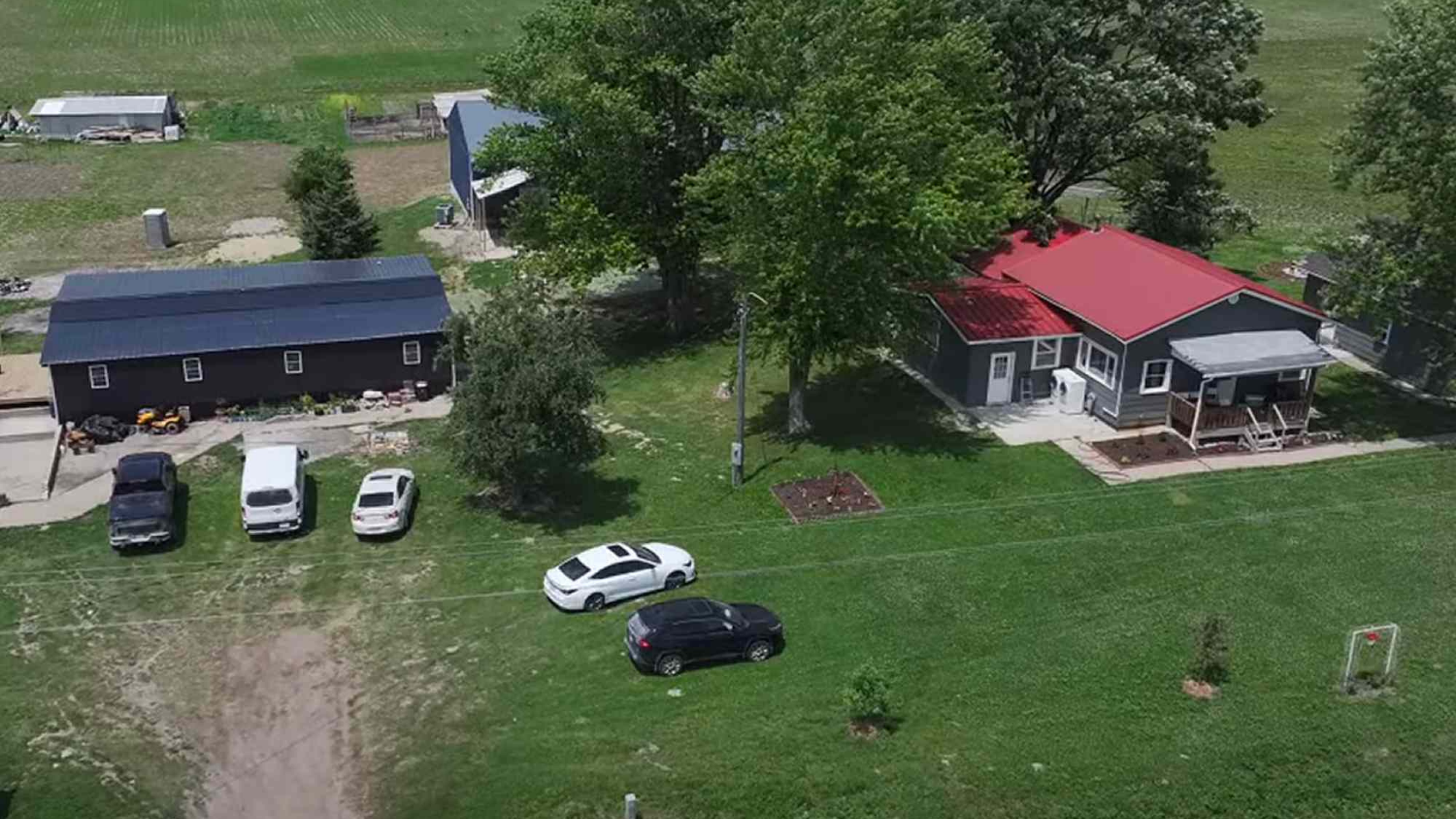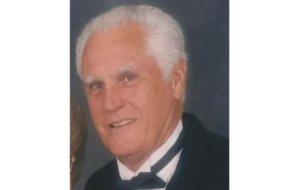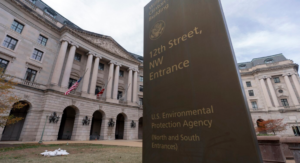88 Kids Removed from Iowa Church Camp in Columbus Junction is sparking statewide alarm after law enforcement agencies executed searches on June 12–13 at the Shekinah Glory Camp, operated by the Kingdom Ministry of Rehabilitation and Recreation. This large-scale intervention, prompted by a distress call from a 15‑year‑old camper, has propelled investigations into allegations of child abuse, endangerment, and even human trafficking.
1. The Incident: What Happened and When
On June 12 and 13, law enforcement—including the Louisa County Sheriff’s Office, Iowa Department of Health and Human Services, the Iowa Division of Criminal Investigation, and Columbus Junction Police—served multiple search warrants at two sites linked to the camp on Q Avenue, Columbus Junction, and Fifth Avenue in Fredonia.
As a result, 88 children, many from out of state, were removed into protective custody and taken to the Wapello Methodist Church. There, they underwent assessments; most have since been reunited with their families, while others remained in temporary foster care.

2. Allegations: Abuse, Endangerment & Trafficking
Authorities acted on credible reports of child abuse and endangerment, with some agencies even pursuing potential human trafficking charges.
Reports suggest the camp, founded by Burmese‑American Chin pastors, had a mission to rehabilitate those struggling with addiction through faith. Yet, concerns have been raised about whether it was being used as a front for trafficking children.
3. Voices from the Camp: Denials & Defense
Victor Bawi, son of one of the ministers, strongly denied any wrongdoing. He claimed the 15-year-old’s emergency call was simply because he didn’t want to attend the camp, and emphasized that all campers were treated with care, receiving items like $400 shoes, clothing, and nourishing meals.
“We never harmed that child. We loved him,” Bawi asserted, vowing that no abuse occurred and no leaders had been arrested.
4. What We Know—and Don’t Know
- The camp, scheduled to run from June 8–29, was halted on June 12–13 after intense scrutiny.
- Children were interviewed by child protection workers; however, camp leadership has not yet been formally interrogated.
- No arrests have been made to date, and the investigation remains ongoing.
5. Broader Context: Faith Camps Under Scrutiny
This incident has intensified national scrutiny on religious-run camps, especially those associated with addiction recovery or youth “troubled-teen” programs. As in the recent “troubled teen” exposés, advocates warn of environments where oversight is limited and pastoral authority goes unchecked.
On Reddit’s r/Christianity, users expressed concern, saying:
“With the track record of places like this I would frankly be amazed if one call from a teenager resulted in a shutdown.”
“Abuse is absolutely rife in these types of ‘religious’ camps.”
These voices amplify calls for transparency and more frequent third-party audits in such institutions.
Timeline & Escalation of the Response
The alarms began on June 12, when the teenager’s call set in motion a large-scale raid involving multiple state and local agencies. This wasn’t an overnight decision—it took swift collaboration to secure warrants and coordinate protective custody.
By June 13, 88 children were placed in safe environments while authorities collected evidence and launched interviews to build a comprehensive picture—raising urgent questions about oversight and accountability.
Agency Collaboration and Legal Procedures
- Louisa County Sheriff’s Office initiated the search after receiving the tip.
- Iowa DHS Child Protection took custody of the children.
- Iowa DCI pursued criminal leads.
- Columbus Junction Police assisted on-site.
This multi-agency approach underscores the gravity of the investigation, which spans multiple jurisdictions and legal domains, from welfare protection to criminal and trafficking concerns.
Impact on Families and Community
While most kids returned home swiftly—some enter temporary foster care—many families are shaken and searching for answers. The Wapello Methodist Church and local volunteers helped manage immediate needs, offering space, meals, and comfort to frightened campers.
The broader community—especially Burmese‑American residents—watched closely, concerned about stereotyping and xenophobia, though legal oversight must apply to all, regardless of ethnicity or religion.
Camp Operations: Mission vs. Allegations
The Kingdom Ministry camp pitched itself as a transformative faith‑based rehab for addiction and spiritual renewal. However, present allegations suggest something more disturbing—potential trafficking and systematic abuse.
That said, defender voices argue this is a false narrative driven by one teenager’s reluctance. Evidence remains unsubstantiated—no arrests, no charges—as investigations proceed.
Next Steps & What to Expect
Investigators are:
- Reviewing interviews with campers and staff.
- Analysing physical evidence from the November 12–13 site searches.
- Coordinating with human trafficking units to trace funding, travel routes, and participant movement.
Authorities have not set a clear timeline for results. Meanwhile, families await updates, and legislators are discussing potential regulatory reforms for out‑of‑state youth programs.
Conclusion
The 88 Kids Removed from Iowa Church Camp incident has underscored deep societal concerns, where rehabilitation, religious conviction, and alleged exploitation intersect. No one is above the law, and regardless of motive or faith, every child’s safety matters most. As the investigation progresses, transparency and accountability must guide each step.
Subscribe to trusted news sites like USnewsSphere.com for continuous updates.
[USnewsSphere.com / tp]





